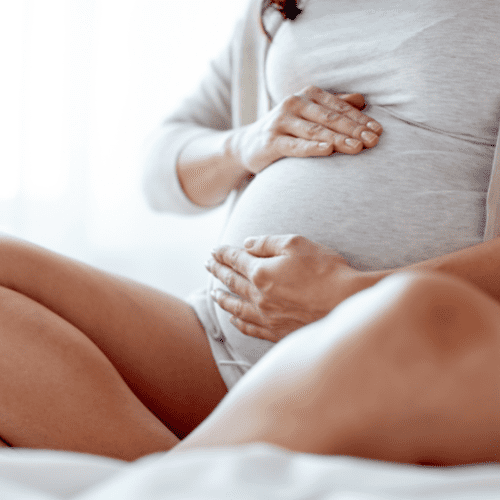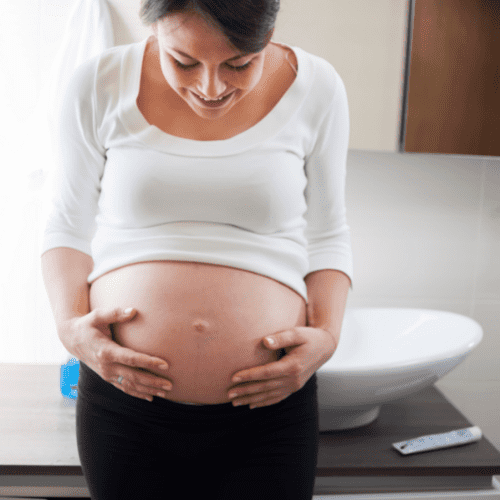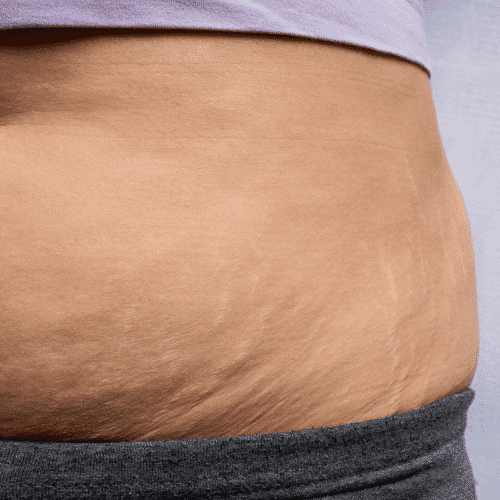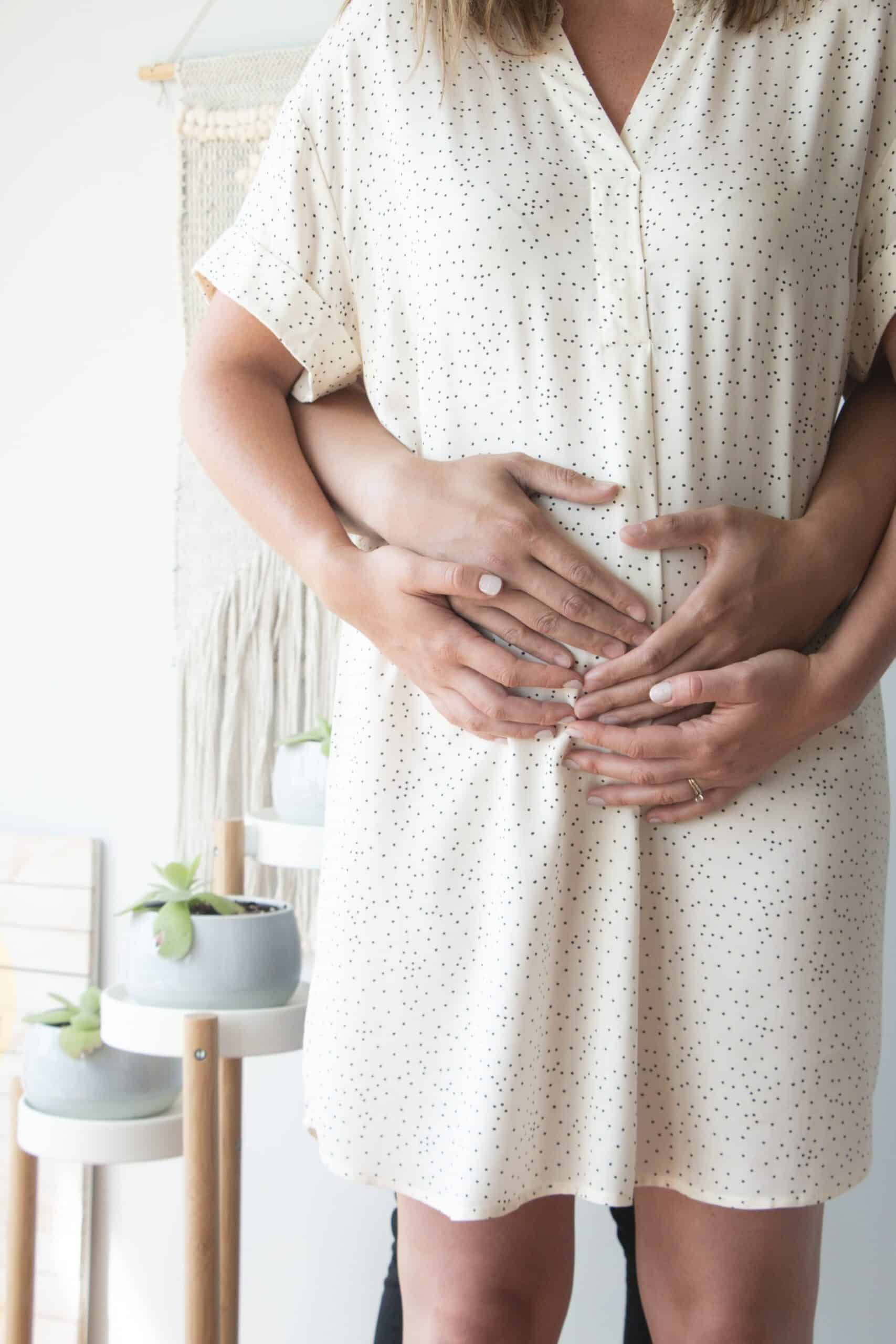Fatigue is not just an uncomfortable symptom that occurs frequently during labor; it can also affect a laboring woman’s capacity to respond to discomfort and bear down in the second stage of labor, as well as delay maternal recovery and postpartum mother-role performance.
During labor, childbirth-related exhaustion is a common source of physical and emotional distress, and it increases the likelihood of medical interventions including instrumental delivery and cesarean section.
Despite this, because exhaustion is widely seen as an unavoidable aspect of childbirth, little attention has been paid to possible solutions.
As an Amazon Associate, I earn from qualifying purchases. The links below may be affiliate links. Please read my disclosure policy for more information.
In view of this, this article explains the nature and features of childbirth-related fatigue during labor, examines the factors that influence this exhaustion, and summarizes important nursing-care principles.
This article is intended to raise awareness of childbirth-related fatigue during labor and to aid in the implementation of early prevention and intervention strategies to lessen fatigue’s negative effects and improve intrapartum care quality.
[adthrive-in-post-video-player video-id=”3V9XkfS2″ upload-date=”2022-03-22T12:05:47.000Z” name=”Sudden Exhaustion Before Labor Signs” description=”” player-type=”collapse” override-embed=”false”]
What Are Some Signs That Labor Is Nearing?
Water breaking
The rupture of your amniotic sac is an evident indicator that labor has begun. This fluid-filled sac protects your baby as it grows and develops, but it will rupture, either spontaneously or artificially, in preparation for delivery.
When your water breaks spontaneously, it’s most likely due to increased pressure on the sac from the baby’s head.
Although some women experience a flood of water, it isn’t always as dramatic as it appears on television. Some women simply notice a trickle of water or a moist feeling in their underwear.
Extreme nesting
During the third trimester, many women experience the nesting urge, which is an overpowering desire to get the house ready for a baby.
You may begin cleaning, arranging, and setting up the nursery, ensuring that everything is in order. However, your body may go into panic mode 24 to 48 hours before birth, resulting in a burst of energy and an increased desire to clean and organize.
Cervical dilation
The term “dilation” refers to the opening of the cervix to allow the baby to pass through the birth canal.
Although a cervix must dilate at least 10 centimeters for a vaginal delivery, cervical dilatation of at least 2 to 3 centimeters frequently suggests that labor will begin in the next 24 to 48 hours.
Low back ache
Back pain is typical during pregnancy due to the natural relaxing of joints and ligaments in preparation for labor. While some aches are to be expected during pregnancy, pre-labor back discomfort is distinct and more unpleasant.
When labor is just 24 to 48 hours away, pain in the lower back may intensify and spread to the pelvis area. Changing positions does not bring relief, and the pain generally persists until after the baby is born.
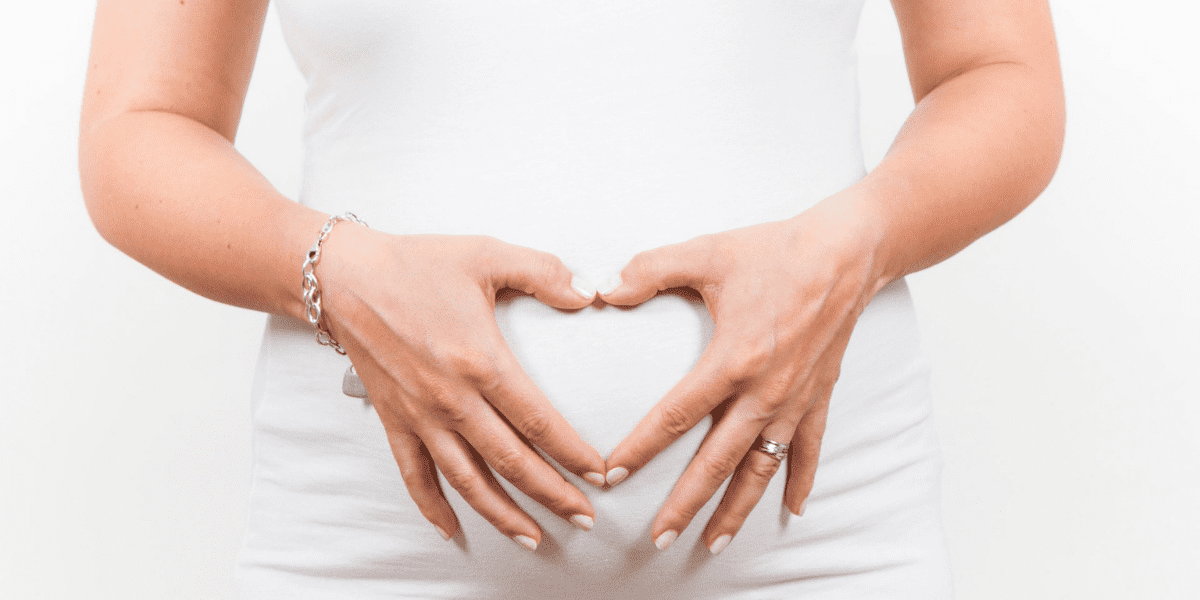
WHAT ARE THE SIGNS OF LABOR AT 37 WEEKS?
- The baby kicks a lot: you’ve certainly felt some kicks before, but now they’re a lot stronger and more regular. Braxton hicks, also known as false labor pain, are one of the non-painful early symptoms of impending labor. They can be relieved by lying down or drinking some water.
- Backache: the baby is moving and your body is adjusting, your backaches will become more severe and regular.
- Cervical dilation: as your uterus contracts, your cervix dilates slightly, softening and thinning out over time.
- Vaginal discharge: You may notice some pink, brown, or red stains in your underwear as a result of the pressure collapsing the tiny blood vessels.
- Losing your mucus plug: The mucous plug that protects your baby from infections by closing your cervix is likely to fall out.
- Bump drop: As your baby descends into the delivery canal, the pressure on your diaphragm reduces, allowing you to breathe more comfortably.
- Changes in energy: This is referred to as the nesting effect. You get the feeling that you need to make a nest for your special visitor, and you have a surge of energy that you need to get everything in order.
- Sleep changes: you will notice a change in your sleep patterns
- Vaginal pain: you may experience some sudden shoots of pain
Is It Normal To Be Extremely Tired At 39 Weeks Pregnant?
Fatigue is a common symptom of pregnancy, especially in the first and third trimesters. Excessive tiredness, on the other hand, is abnormal and may signal a medical condition.
If you’re feeling excessive tiredness, consult a doctor if it’s severe, persistent, and lasts for the course of your pregnancy.
Sudden Exhaustion In The Third Trimester
You may feel energized as you enter the third trimester, but as your body continues to grow and change, you may get fatigued and encounter new aches and pains.
You’ve gained a lot of weight, your bladder is nearly full, and the baby moving around in your tummy is causing you to wake up more frequently at night. That means you might be fatigued during the day, almost as tired as you were in the first trimester.
To overcome 3rd-trimester fatigue, make yourself as comfortable as possible at night and get more rest throughout the day. This is good for your health and the health of your child, especially if you work outside the home.
According to a study, expectant working mothers who report on-the-job stress and tiredness have an increased chance of their amniotic sac breaking early.
During the third trimester, lying on your side and placing a pillow between your legs will help you sleep better. Under your tummy, place a pillow. Full-length body cushions can also help in body support and ease back and breathing discomfort.
Take a 20-minute snooze every afternoon. Take five minutes rest every hour to sit down and read a book if you don’t have time (or the willingness) to sleep during the day.
While your baby is doing his acrobatics in the middle of the night, you can always catch up on work.

Signs That Labor Is 24 To 48 Hours Away
When we speak of signs that labor is 24 to 48 hours away, we are referring to active labor rather than early labor.
Early labor can begin hours, days, or even weeks before your due date, with or without contractions. Active labor, on the other hand, is when the whole labor process gets down to the nitty-gritty, and you’ll start to experience those INTENSE contractions.
Your water breaking is the first clue that active labor is 24 to 48 hours away.
During your pregnancy, your baby is protected by an amniotic sac filled with amniotic fluid. However, the strain on the sac will eventually become so great that it will burst.
“Your water is breaking,” as the phrase goes. You will “leak” amniotic fluid when your waters burst. As a result, there will be a significant amount of moisture.
For some women, though, it may simply be a trickle. It’s been described as a gush by others. For many women, breaking their water is the catalyst that sets them off on the path to labor over the next 24 hours.
However, keep in mind that this does not apply to all women because most women begin labor BEFORE their waters have broken. For them, breaking water is just a part of labor. So, it really depends on your body what it’s going to be.
Your cervix has dilated to 2 to 3 cm, which is the next sign that labor is 24 to 48 hours away.
Your cervix will thin out and dilate to 10cm as the due date approaches, allowing your baby to migrate into the delivery canal.
When you are 2 to 3 cm dilated or more, active labor is usually only 24 to 48 hours away. That’s because you’ll need active labor-like contractions to dilate your cervix further.
REAL contractions are the third sign that labor is about to begin in the next 24 to 48 hours.
You may have had so-called Braxton Hicks contractions up to this point. However, these contractions are not real; they occur infrequently and are false.
So, if you’re 24 to 48 hours away from labor, we’ll look at the severity, regularity, and frequency of your contractions to see if you’re close to going into labor.
As a result, you may or may not experience mild to moderate contractions lasting 30 to 90 seconds throughout the early stages of labor. However, unlike Braxton Hicks, these contractions happen in more or less REGULAR waves.
Also, they may be 30 minutes apart at first, but they will get closer and closer over time. If your contractions become more intense and frequent, you should anticipate going into active labor in the next 24 to 48 hours.
Expect to have contractions every 5 to 6 minutes as early labor progresses. Then, after 45 to 60 minutes of severe contractions, you’ll know you’re in active labor.
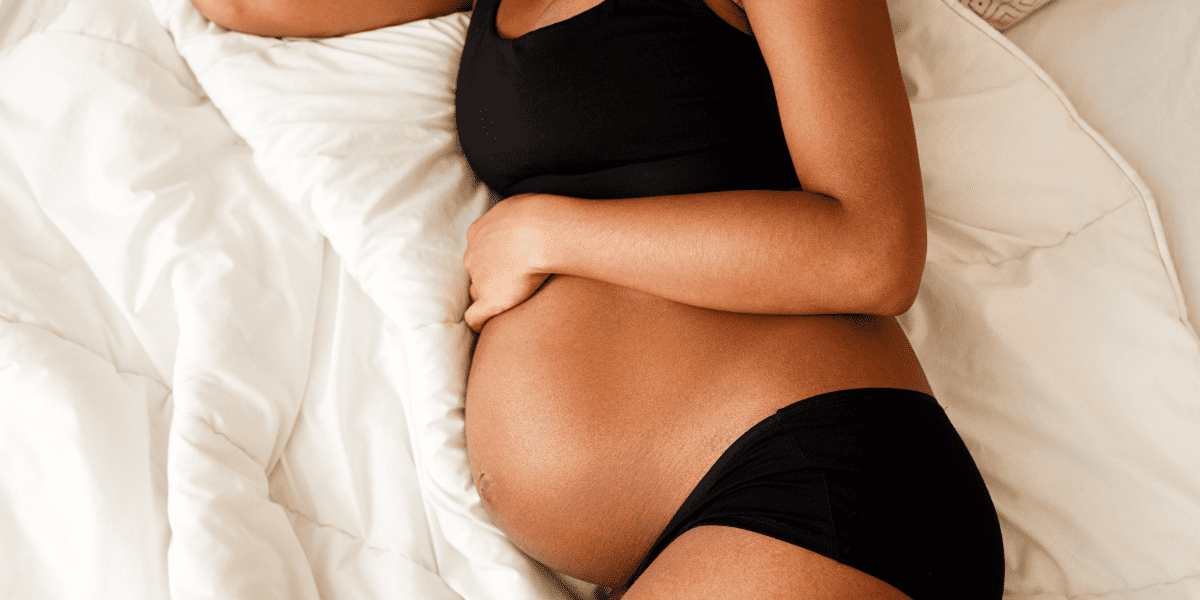
Silent Labor Signs
When a woman is having labor contractions but not feeling the discomfort, she is said to be in silent labor. Some women who have silent labors don’t realize they’re in labor until it’s too late.
It’s thought that the contractions in their womb (uterus) are so mild that they don’t feel them at all during the early stage of labor. If this happens to you, the first indication that your baby is on the way may not come until you reach the second stage of labor.
When you start to feel the urge to push or notice your baby’s head falling, this is the time to push.
Other women discover that, despite the fact that their labor is brief, their contractions are intense and frequent right from the start. Contractions should normally build up over a few hours.
37 Weeks Pregnant With Extreme Fatigue, Is This Normal?
Officially, fatigue is defined as a persistent lack of energy. You may find that you can’t wait to get out of bed in the morning or that you can’t wait to fall asleep as soon as you come home in the evening while pregnant.
Alternatively, you may feel dragged and lethargic from the minute you get up until you go to sleep.
It’s natural to feel fatigued and even depleted throughout the first few months of pregnancy. Exhaustion, particularly extreme exhaustion, is a frequent early pregnancy symptom that nearly every woman suffers throughout the first trimester.
It’s also very prevalent in the third trimester, with over 60% of all pregnant women feeling it.
Depending on your health and age, you may experience a variety of labor symptoms. Pregnancy symptoms that were present early in the pregnancy are frequently re-experienced by many mothers.
One of the first indicators of labor is extreme fatigue, and you may realize that you are significantly more tired than usual. Rest as needed, and don’t push yourself too hard.

What Causes Pregnancy Fatigue?
Pregnancy is similar to running a marathon while wearing a rucksack that becomes heavier by the day. To put it another way, it’s a lot of work! Even when you’re not conscious of what your body is doing, it’s working harder than ever before.
Sleeping A Lot Before Labor
The quantity of sleep you get while pregnant has an impact on not only you and your baby but also your labor and delivery. Sleep deprivation has been linked to a variety of pregnancy problems, including preeclampsia (a serious condition that affects your blood pressure and kidneys).
Premature birth is a possibility as a result of this disorder. Now is the time to prioritize sleep.
One of the first signs of pregnancy is feeling incredibly tired, even fatigued. You will be unable to resist the temptation to sleep.
This is most likely due to your changing hormones, particularly the additional progesterone that comes with pregnancy. Pregnancy reduces your blood pressure and blood sugar levels at first, making you sleepy.
Your energy should return shortly after the first trimester. You’ll start to feel fatigued again throughout the third trimester.
Some of this can be attributed to the physical tiredness that comes with childbirth and the stress it places on your body. Your fatigue, on the other hand, is directly related to your failure to get a decent night’s sleep during this period.
Even if you’ve never had trouble sleeping before, you might find it more difficult now that you’re expecting.

